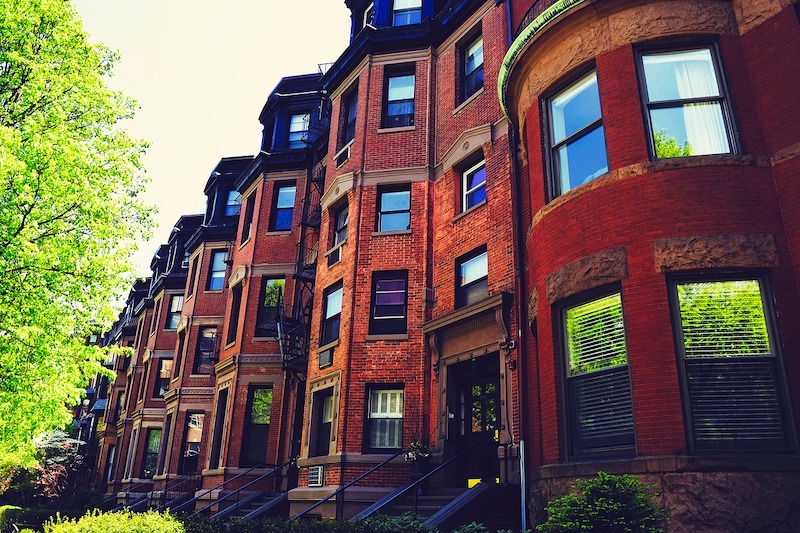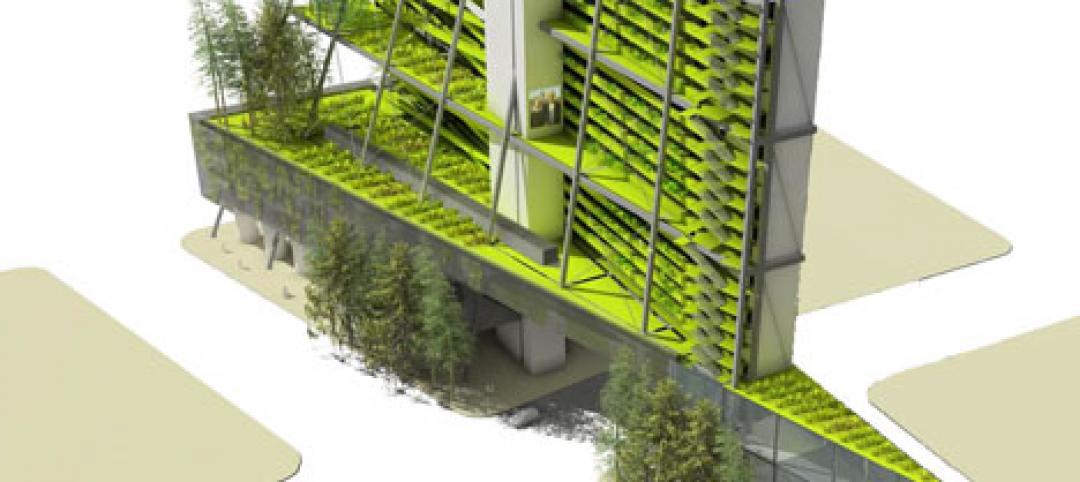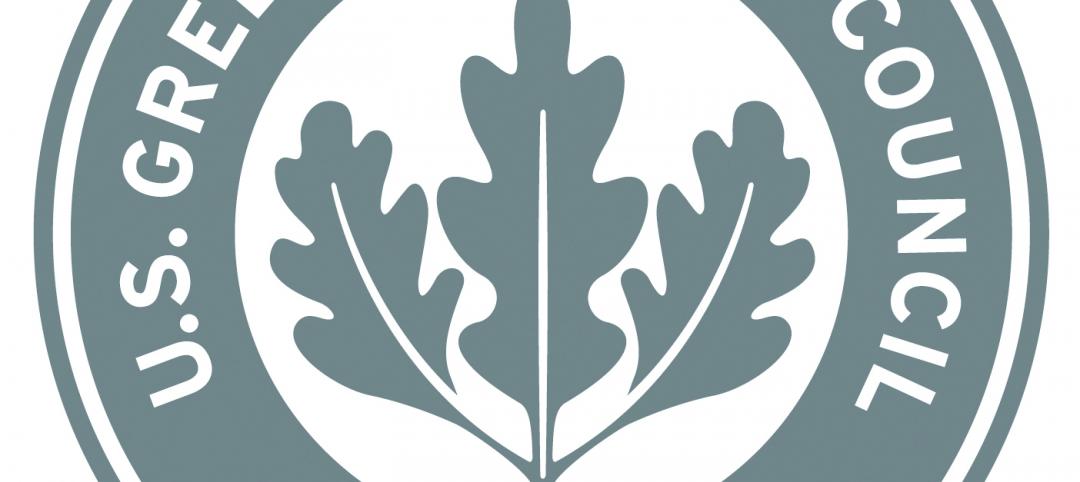The Brookings Institution has released a “strategic action playbook” containing a five-step plan that community, city, and regional leaders can use to design and implement community-rooted economic inclusion policies.
Brookings says community-rooted economic inclusion requires identifying and investing in strategic sub-geographies that have the greatest potential to reduce economic inequity in a community. Guidance from the playbook is derived from a pilot initiative implemented in Indianapolis, Los Angeles, and Philadelphia between fall 2019 and January 2021.
Despite billions of dollars spent on place-based initiatives over the past 25 years, Brookings says the number of high-poverty neighborhoods in the U.S. doubled between 1980 and 2010 and remains high as cities seek to recover from the COVID-19 economic crisis. Brookings’ approach aims to break down disciplinary siloes to integrate community, economic, and workforce development efforts with capacity-building efforts.
The plan would nurture investments within communities, while connecting residents and small businesses to their regional economies. It urges key holders of power at the city and regional levels to forge long-term partnerships with underinvested communities.
Related Stories
| May 31, 2012
Natural gas industry opposes federal carbon-neutral construction rule
The natural gas industry and some allies are working to block a federal green building rule that was expected to be a national model for carbon-neutral construction.
| May 31, 2012
Lawsuits push the legal boundaries of green building definition
This article explores some legal issues stemming from lawsuits in which plaintiffs have charged developers with not delivering on a promised level of sustainability.
| May 31, 2012
ANSI approves Green Building Initiative’s design standard
The Green Building Initiative (GBI), a Portland, Ore. nonprofit organization, has had its new consensus-based standard for the design, construction, and operations of environmentally friendly buildings approved by the American National Standards Institute (ANSI).
| May 31, 2012
USGBC testing Minnesota buildings to see if they are living up to LEED standards
The Minnesota chapter of the U.S. Green Building Council (USGBC) has teamed up with EnergyPrint, a St. Paul, Minn. energy consulting firm, to study the energy and water use of more than 150 buildings in the state that have LEED certification.
| May 29, 2012
Reconstruction Awards Entry Information
Download a PDF of the Entry Information at the bottom of this page.
| May 25, 2012
Major retail chains welcome LEED Volume option
Large national chains such as Starbucks, Marriott, Verizon, and Kohl’s are welcoming the LEED Volume Program that enables them to batch certify similar projects.
| May 25, 2012
Alaska’s okay of gravel aggregate with naturally occurring asbestos opens up development
Some long-delayed projects in the Upper Kobuk region of Alaska may now move forward thanks to legislation that allows construction in areas that have naturally occurring asbestos.
| May 25, 2012
Las Vegas building codes may thwart innovative shipping container development
A developer wants to build a commercial development out of steel shipping containers in Las Vegas, but city codes would have to be altered or the project would have to obtain waivers for it to receive the city’s go-ahead.
| May 25, 2012
Collapse of Brooklyn building that killed worker blamed on improperly braced frame
The Occupational Safety and Health Administration cited SP&K Construction with 11 safety violations, for which it could face more than $77,000 in fines.











